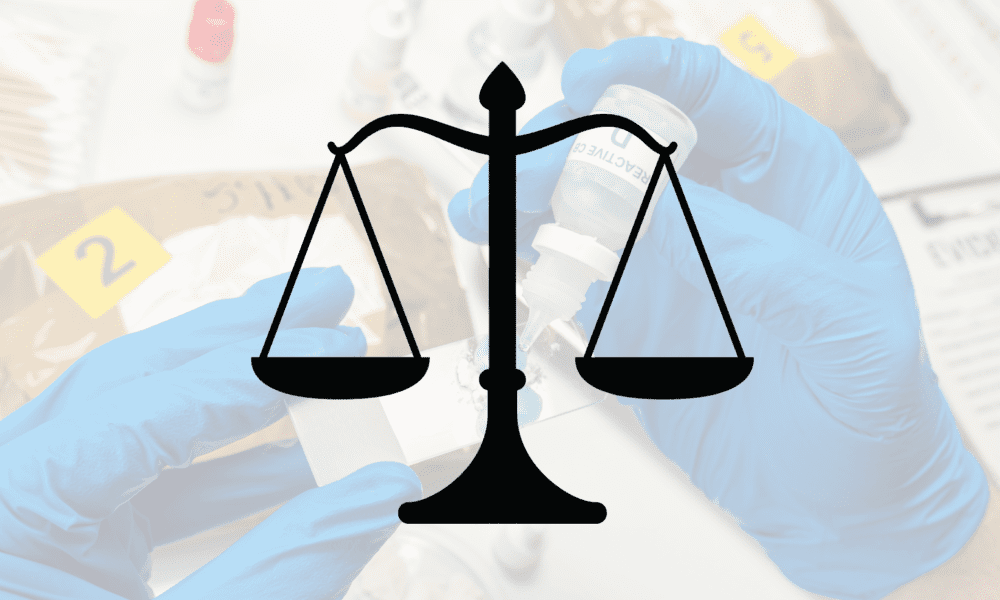The Crucial Role of Medical Review Officers in Legal Cases and Drug Testing Compliance

In the realm of forensic and toxicology-related legal cases, the role of a Medical Review Officer (MRO) is indispensable. MROs in the United States serve as essential consultants and expert witnesses, particularly in cases involving toxicology or laboratory testing with forensic implications. Their expertise extends beyond the mere detection of illicit substances to the comprehensive interpretation of laboratory results, including the presence of prescription drugs and potential health conditions that may have medical-legal significance.
Expertise of Medical Review Officers
Medical Review Officers are uniquely qualified to interpret a wide range of laboratory results. This includes not only toxicology screenings but also the presence of prescription medications, such as addictive pain drugs like Fentanyl. While the presence of Fentanyl is legal when prescribed, its detection can still be critical in legal contexts. MROs bring a nuanced understanding of these issues, ensuring that all relevant medical data is considered in legal proceedings.
Their role extends to identifying markers of serious diseases that may influence brain function and behavior. This holistic approach is why many MROs pursue additional credentials in Forensic Psychiatry, Brain Injury Medicine, and Psychiatry, enhancing their ability to provide thorough and accurate assessments.
Regulatory Compliance and Mandatory Testing
Drug testing is a legal requirement in many federal safety-sensitive jobs. Agencies such as the Department of Transportation (DOT), Federal Aviation Administration (FAA), and the Department of Health and Human Services (HHS) mandate rigorous drug screening protocols. For example, FAA-required drug tests are crucial for maintaining the safety and reliability of commercial aviation. Similarly, the US Coast Guard (USCG) enforces stringent drug screening guidelines for maritime workers, including boat captains.
MROs play a vital role in ensuring compliance with these regulations by verifying test results and interpreting them within the context of federal guidelines. This includes adherence to SAMHSA drug testing guidelines, which govern the testing of federal employees and contractors under specific conditions.

The Role of MROs in Various Industries
Aviation Medical Review Officers
Aviation Medical Review Officers are integral to maintaining the safety of air travel. They review drug test results for pilots and other safety-sensitive aviation personnel, ensuring compliance with FAA regulations. The presence of drugs in a pilot’s system can lead to the revocation of their commercial pilot’s license, making the role of the MRO critical in safeguarding public safety. All DOT agency safety sensative careers encourage those with aviation jobs join a random drug testing pool to stay in compliance.
Maritime Medical Review Officers
Maritime MROs oversee drug testing for the US Coast Guard and other maritime workers. Their expertise ensures that individuals operating vessels are not impaired by drugs, thereby preventing potential accidents and ensuring the safety of maritime operations. Moreover, just like FAA careers, being a member of an approved USCG random drug screen program is the best way to keep in the good graces of the USCG.
Pipeline and Commercial Drivers
Pipeline Medical Review Officers and those overseeing drug tests for commercial drivers play a crucial role in the energy and transportation sectors. DOT regulations require extensive driver safety training and mandatory drug testing for commercial drivers, ensuring that individuals operating heavy machinery or transporting goods are not under the influence of substances that could impair their performance.

Legal and Medical Implications
MROs are often called upon to testify in court, providing expert analysis on drug interactions, brain function, and behavior. Their assessments can influence the outcomes of both civil and criminal cases, particularly when drug use or medical conditions are factors. This intersection of medical expertise and legal requirements underscores the importance of having qualified MROs involved in such cases.
Conclusion
The role of Medical Review Officers in the United States is multifaceted and essential across various industries. From aviation to maritime, and from pipeline operations to commercial driving, MROs ensure that safety standards are met and legal requirements are upheld. Their expertise not only aids in regulatory compliance but also provides critical insights in legal contexts, making their contributions invaluable.
For more information on how Medical Review Officers can support your organization’s compliance with federal drug testing regulations, or to consult with an expert MRO for legal cases, contact us today. Ensuring safety and legal compliance has never been more critical, and MROs are at the forefront of this mission.
